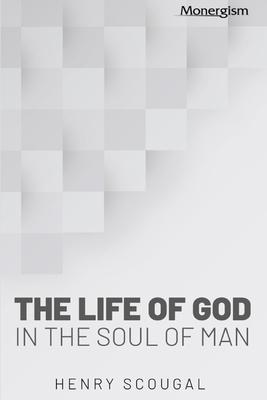'The Life of God In The Soul of Man' was originally written as a private letter to a 'dear' friend, to explain Christianity. It was never intended for publication. Yet it has become a classic Puritan text and one of the most read and influential treatises ever written for the comfort of God's saints. Henry Scougal was born in 1650 and lived only 27 years, when he died of tuberculosis. Just before his death in 1677, Scougal allowed the private communication to his friend to be published.
Nearly 70 years later, George Whitefield 'decided' to live a life of obedience and self denial to obtain the approval of God and assurance of salvation. To deny himself he quit the only thing he enjoyed, the Oxford 'Holy Club' where he was acquainted with John and Charles Wesley. In the spring of 1735, at the age of 20, they handed Whitefield this book 'The Life of God In The Soul of Man.' Whitefield said, "I reallywanted to know God and be assured of salvation, but even strict discipline didn't seem to help. God Showed me (in Scougal's writings) that I must be born again."
The rest is history. The brief life of a young Christian, whose only 'work' was a letter to a friend, was used profoundly in the seeding of the great awakening in America. Scougal wrote that Christianity is not about external duties to perform, nor is it an emotion or feeling one has. He defines true religion as the union of the soul with God, a partaker of the divine nature, or in the apostle's words, "Christ in you, thehope of glory."
